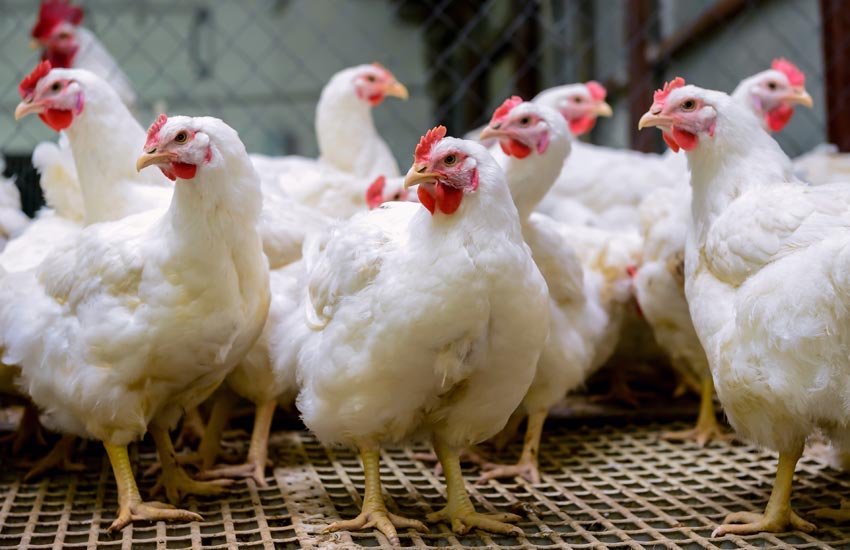In a significant development for Pakistan’s poultry sector, scientists at the University of Agriculture Faisalabad (UAF) have successfully developed a new chicken breed capable of laying over 200 eggs annually, nearly three times the yield of traditional indigenous hens. The breakthrough, supported by the Punjab Agricultural Research Board (PARB), is aimed at reducing the country’s reliance on imported poultry breeds while fostering sustainable rural livelihoods.
The new breed, named UniGold, is specially designed for backyard poultry production and performs well under low- to medium-input systems, which are commonly found in central and southern Punjab. Its ability to tolerate heat stress and its low feed requirements make it an ideal choice for regions with challenging climates.
UniGold comes in two variations: full neck and naked neck, both of which have shown strong adaptability to local environmental and feeding conditions. This breed outperforms native chickens in terms of productivity, with native hens typically producing only 70-80 eggs per year. In contrast, UniGold hens can lay between 179 and 212 eggs annually, with each egg weighing around 52 grams, a 25% increase over the traditional breeds.
According to data from the Poultry Research Institute, UniGold hens reach laying maturity at 25 to 26 weeks and can achieve a hen-day production rate of up to 83.2% at 32 weeks of age. The breed’s ability to withstand heat stress and its lower feed requirements make it especially valuable in the face of climate change, which is affecting farming communities.
The development of UniGold addresses a long-standing issue in Pakistan’s poultry sector. Despite its significant size, second only to textiles, the sector has remained heavily dependent on imported poultry breeds for both layers and broilers. The introduction of UniGold provides a local alternative, preserving genetic resources while also enhancing rural income and food security.
Rural poultry farming plays a crucial role in Pakistan’s agricultural economy, contributing 36% of the country’s total egg production. It also has a significant impact on empowering women and improving household nutrition. The success of UniGold is expected to benefit landless farmers and rural families, reducing poverty and dependence on imported breeds such as Fayoumi and Rhode Island Red.
To further promote the UniGold breed, UAF plans to establish an Indigenous Chicken Research and Development Centre. This center will help scale up production and facilitate the distribution of the UniGold breed to farmers across Pakistan, ensuring wider access to this new, high-yielding poultry option.










